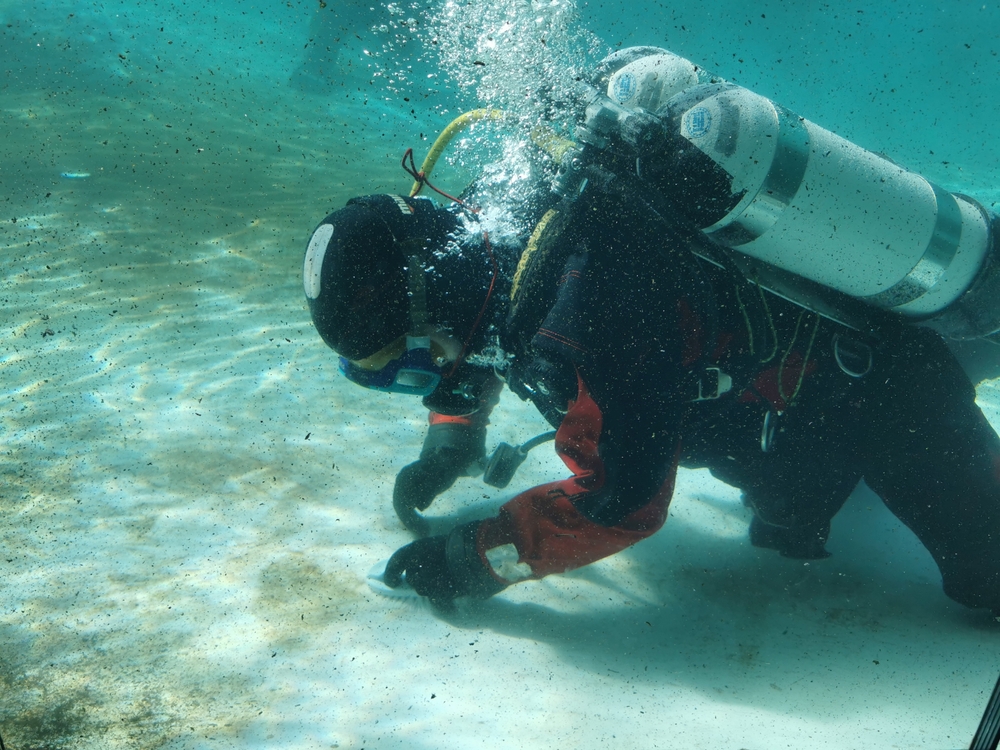You know that feeling when your phone battery’s at 4% and you’re nowhere near a charger? That’s basically how a recession feels—except it’s your bank account, your job prospects, and your home value all blinking red at once. And while everyone gets a little nervous when the economy starts acting shady, some states are about to get hit like they just downloaded the wrong update.
Whether it’s shaky job markets, bloated housing bubbles, or industries that rely way too much on people spending money they don’t have, these states are on the economic frontlines. The next downturn won’t hit everywhere equally—some places will just feel like a drizzle, others? Full-blown financial hurricane. Let’s break down the 14 states that are poised to feel it first and worst. Grab a coffee and a calculator—this might sting a little.
1. Arizona

Arizona’s got cactus, retirees, and real estate developers who’ve never heard the word “cool it.” And that’s the problem. Phoenix in particular has become one of the fastest-growing cities in America—but fast growth often means a hard fall when the music stops. According to The Common Sense Institute, Arizona’s economy is deeply tied to housing and construction, both of which are among the first sectors to nosedive in a recession.
Rising interest rates are already chilling home sales, and if new builds slow down, so do jobs and tax revenues. With a large number of residents on fixed incomes or working in lower-wage service positions, there’s not a ton of buffer. Arizona also doesn’t have a massive industrial or tech backbone to fall back on—outside of a few semiconductor developments. And did we mention water scarcity? The economic impact of that is already creeping in. If the next downturn gets ugly, Arizona may find itself running low on more than just groundwater. The Grand Canyon might be recession-proof—but unfortunately, the rest of the state isn’t.
2. Nevada
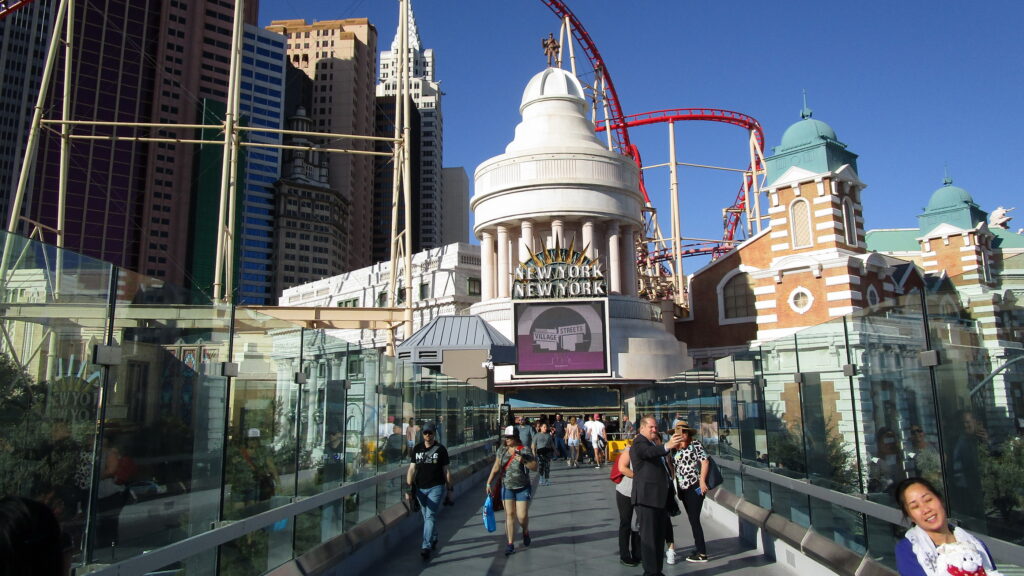
Las Vegas may be recession-proof when it comes to hangovers and bad decisions, but not when it comes to the economy. Nevada has one of the most tourism-dependent economies in the country, which sounds fun until people stop spending on vacations and bottle service. According to Moody’s Analytics, Nevada cities like Las Vegas and Reno are among the most vulnerable to economic downturns, thanks to their reliance on leisure, hospitality, and construction. That triple threat might keep things booming during good times, but it crashes hard when the belt-tightening begins.
Unemployment tends to spike fast here, and housing prices can tank like a showgirl with a sprained ankle. The 2008 crash hit Nevada harder than almost any other state, and while things have improved, the foundation remains wobbly. Plus, a lot of workers in service industries don’t have the safety net to ride out slowdowns. Once tourism dips, layoffs tend to hit like dominos. Add in a growing population and overburdened infrastructure, and you’ve got a glittery time bomb. Viva recession, baby.
3. Florida
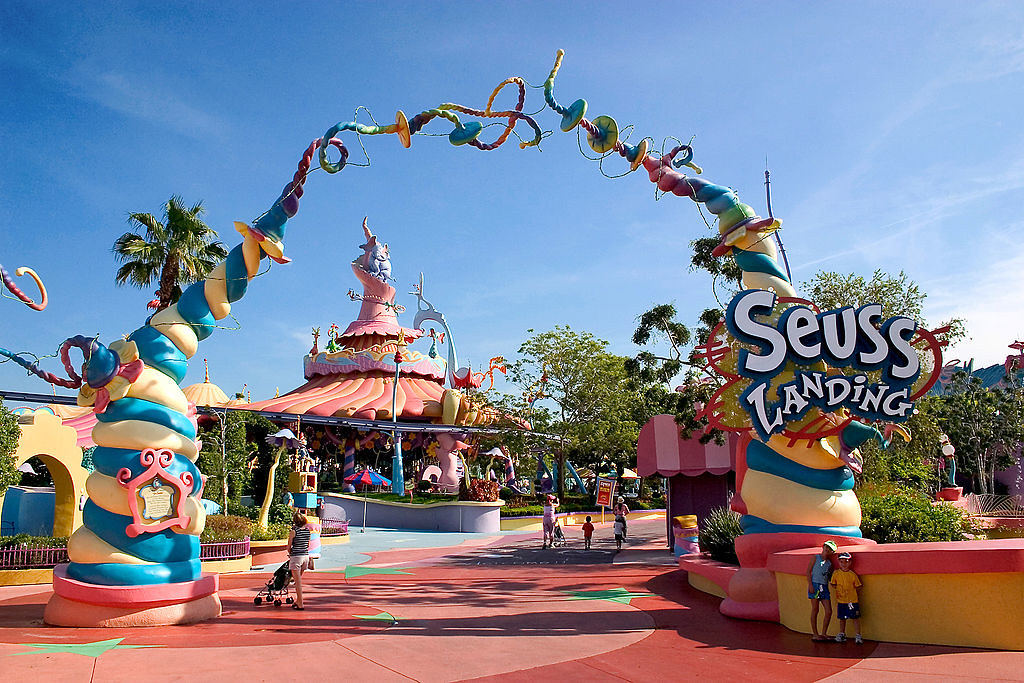
Florida’s economy is kind of like its weather—hot one minute, hurricane-level chaos the next. A huge chunk of the state’s income comes from tourism, real estate, and retirees—all sectors that panic at the first sign of economic instability. Per The Wall Street Journal, Florida is highly sensitive to interest rate changes and market corrections, which makes its housing market one of the first to wobble when recessions knock.
Add to that a ballooning insurance crisis (hello, home premiums tripling overnight) and rising climate risks, and you’ve got a fragile setup. Many Florida residents rely on lower-wage service jobs, which makes widespread layoffs during a recession almost inevitable. Cities like Orlando, Tampa, and Miami could face a brutal combo of declining tourism, falling home values, and job losses. And let’s not forget how many new residents recently moved in on the promise of “no state income tax” and sunny freedom. If the job market tanks, a lot of folks may start second-guessing that beachy move. Florida’s party might be over before the next piña colada hits the blender.
4. Texas
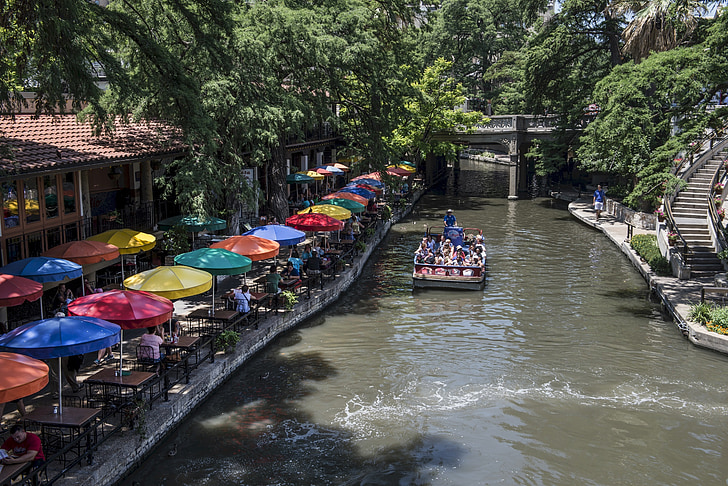
Texas loves to brand itself as recession-resistant—low taxes, business-friendly, the whole “don’t mess” vibe—but that swagger could take a hit next time the economy contracts. The Lone Star State is deeply entwined with oil and gas, and energy markets are notoriously volatile during downturns. According to Reuters, oil-dependent regions like Midland and Odessa are already bracing for a potential slowdown as global demand wavers and prices fluctuate.
Meanwhile, housing in cities like Austin and Dallas has gone full “tech bubble 2.0,” with price tags ballooning and demand softening in real time. The tech sector in Austin is also showing cracks, with layoffs trickling in from companies that once promised unlimited cold brew and IPO dreams. On top of that, Texas has a high percentage of uninsured residents and limited safety nets for low-income workers. Once job losses start rolling in, there isn’t much of a cushion. And while Texas has big GDP numbers, much of it relies on industries that swing hard during recessions. Don’t be surprised if the big, bold Texas economy takes a bruising hit—boots and all.
5. California
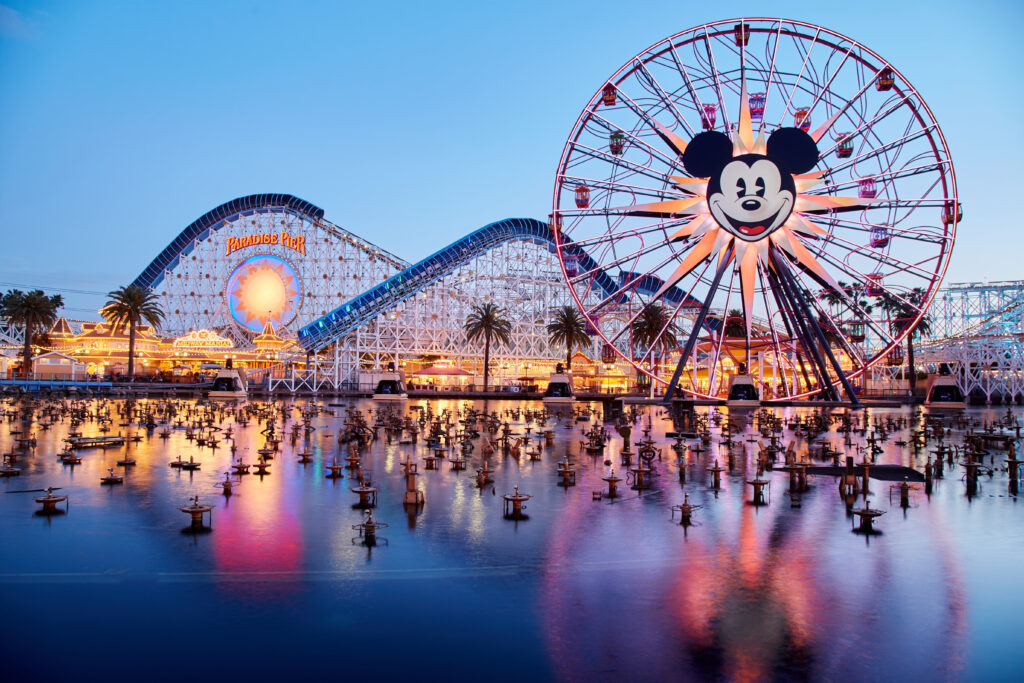
Ah, California—the land of billion-dollar startups and billion-dollar deficits. The Golden State’s economy is massive, but it’s also full of weak spots that could snap fast in a downturn. For starters, tech makes up a huge chunk of employment and revenue, and as we saw in 2023, tech layoffs are often a recession’s first domino. CNBC reported that job losses in Silicon Valley already began to climb well before the rest of the country even blinked.
Add to that a mind-boggling cost of living, a slowing housing market, and an exodus of residents fleeing for cheaper pastures, and you’ve got the makings of a financial identity crisis. The entertainment industry also tends to stall during downturns—streaming services cut costs, productions get shelved, and suddenly Hollywood’s red carpet starts to feel more like a foreclosure notice. California also relies heavily on capital gains taxes from its wealthy residents, which drop off a cliff when the market does. With budget shortfalls looming and social services already stretched, a recession could hit vulnerable Californians hard. Sunshine and surf are nice—but they won’t pay the mortgage.
6. Illinois

Illinois might have the deep-dish pizza game on lock, but its economic situation is more stuffed crust than stable. This state is basically carrying decades of debt like it’s a fashion statement, and when a recession hits, that baggage gets heavy fast. The state’s pension obligations are notoriously underfunded, and budget shortfalls are practically baked into Springfield’s routine. Chicago, while economically powerful, is heavily dependent on finance, real estate, and tourism—three sectors that tend to wobble the second Wall Street gets queasy.
And outside of the big city? Many rural and mid-sized towns are still trying to recover from last decade’s downturn. High property taxes and sluggish population growth don’t exactly help keep things recession-resistant. Infrastructure needs are mounting, social services are already stretched thin, and let’s just say no one’s thrilled about the rainy-day fund—or lack thereof. When corporate tax revenues slow and the job market tightens, Illinois has very few escape hatches. It’s like trying to pay rent with expired coupons. The bones of the economy are there, but the joints are creaking. In the next recession, Illinois could find itself juggling too many balls—and dropping most of them.
7. Washington
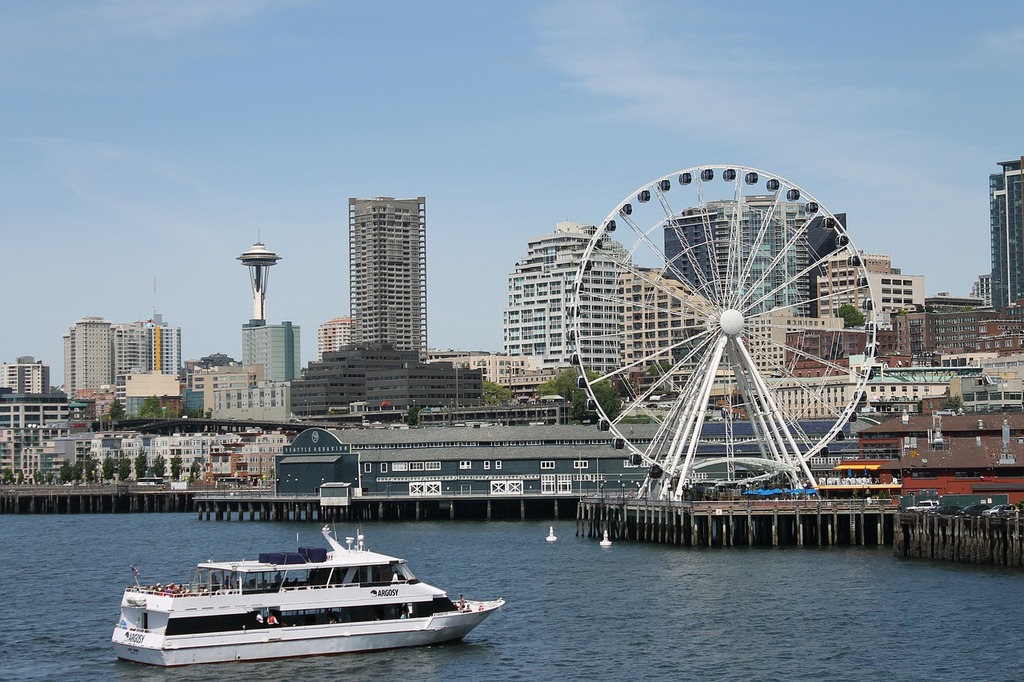
Washington State has been riding high on tech wealth and lattes for the past decade, but the caffeine crash is coming. With Seattle acting as the nerve center for giants like Amazon and Microsoft, the entire region is heavily exposed to tech sector slowdowns. And when tech tumbles, so do property values, tax revenues, and job stability. Let’s not forget the housing market has been hotter than a triple-shot macchiato—making it extremely vulnerable to rate hikes and buyer hesitation.
Even though there’s no state income tax, Washington depends big time on sales and business taxes, both of which take a hit when people stop spending. The cost of living has been pushing people to the edge, and many workers are already one layoff away from a serious scramble. Rural areas and smaller cities outside of King County don’t have the economic diversity to cushion a hit. Unemployment claims could spike quickly, especially if consumer confidence takes a nosedive. The state’s economic strength has been impressive—but it’s also concentrated in just a few mega-sectors. That kind of imbalance is risky during downturns. If Silicon Valley sneezes, Seattle could catch the flu.
8. Colorado
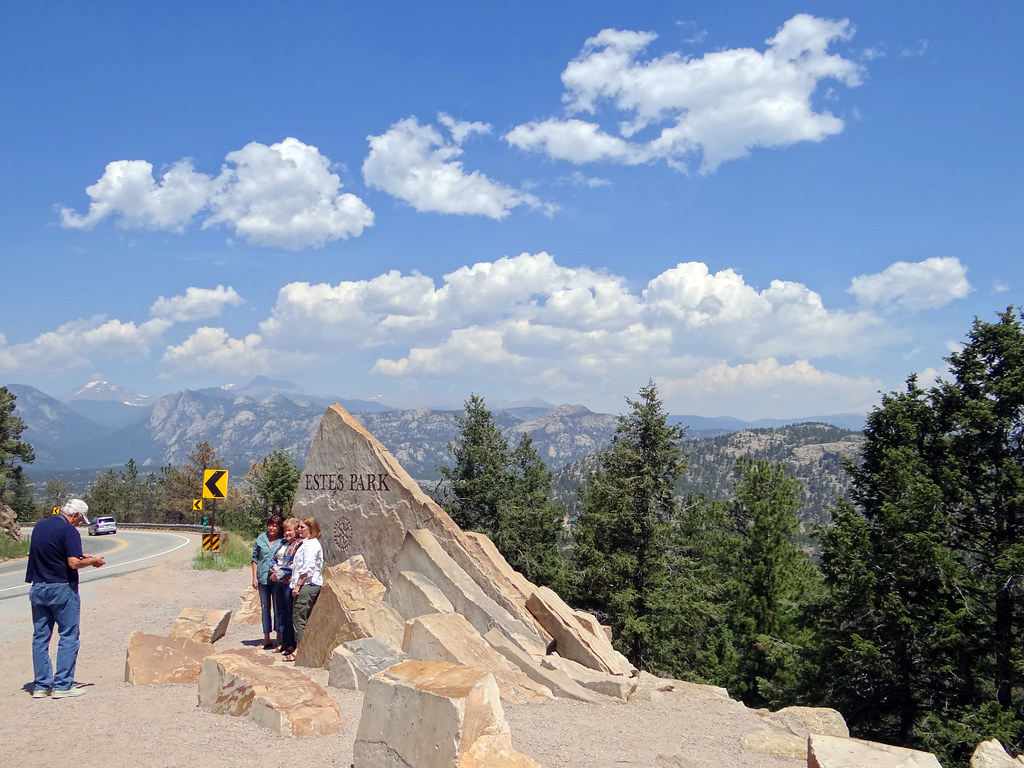
Colorado’s economy has been cruising on craft beer, tourism, and a whole lot of housing development—but when recessions hit, that trio suddenly feels fragile. The state’s population boom led to soaring home prices and aggressive construction, especially in Denver and Boulder. But the flip side of that boom is vulnerability—because once demand dips, things can freeze faster than a Rockies blizzard. Colorado also leans hard on the outdoor rec and hospitality industries, both of which are usually early casualties of budget-conscious consumers.
When people stop traveling and start canceling ski trips, mountain towns like Aspen and Vail feel it immediately. And while Colorado has a decent tech scene, it’s not nearly diversified enough to offset large-scale losses elsewhere. A lot of small businesses rely on seasonal surges that dry up when the economy tightens. Add in growing concerns about affordability, homelessness, and infrastructure strain, and it’s clear Colorado’s glossy exterior masks some real cracks. It’s a beautiful state with an expensive taste—and not a ton of financial padding. If the economy takes a dip, Colorado might slide down faster than a snowboarder on a black diamond run.
9. Michigan
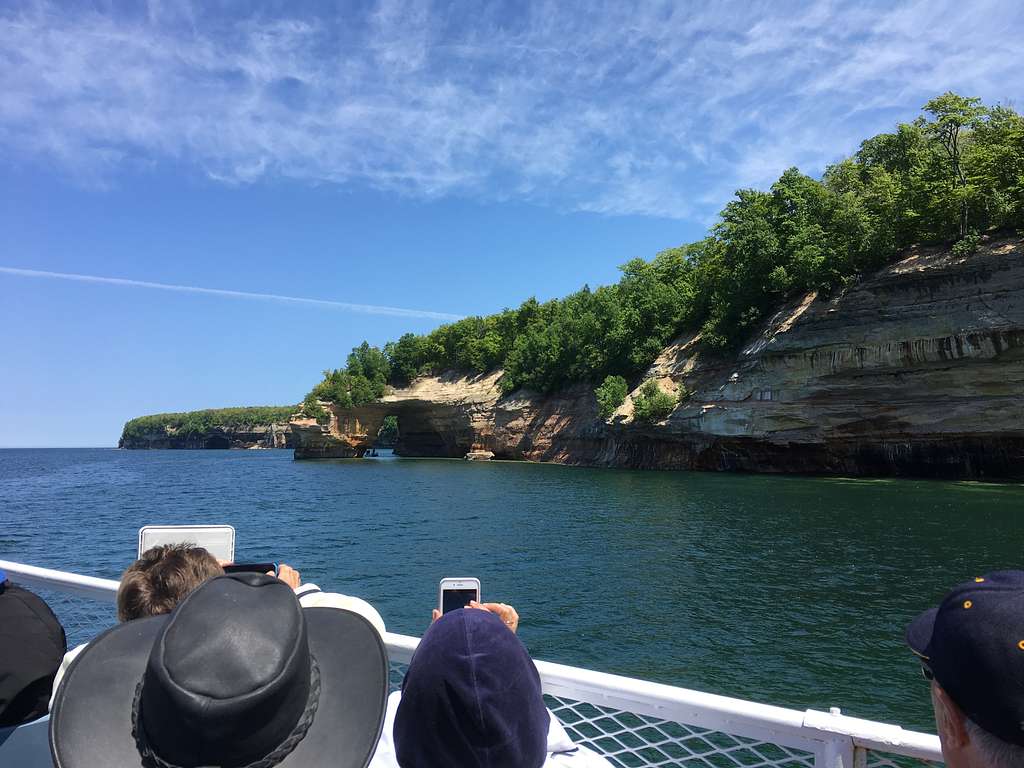
Michigan has made a slow but determined comeback since the 2008 crash, but some of those gains are still on shaky ground. The state’s economy still hinges heavily on the auto industry, and that sector gets hit hard every time the economy contracts. When people stop buying new cars, layoffs at factories and suppliers often follow. Cities like Detroit and Flint know this cycle all too well—it’s like economic déjà vu.
Even with a budding tech and startup scene in places like Ann Arbor and Grand Rapids, the backbone of Michigan’s job market is still manufacturing. The housing market in many areas is more affordable than other states, but that doesn’t make it invincible. Local governments still struggle with funding issues, and population growth has been tepid at best. Job creation is solid when things are humming—but that hum can go quiet quickly in a recession. Michigan’s progress is real, but it’s also delicate. If a downturn gains momentum, expect the state to feel the pinch early and across multiple sectors. Detroit’s comeback story isn’t over—but the next chapter might get messy.
10. Georgia
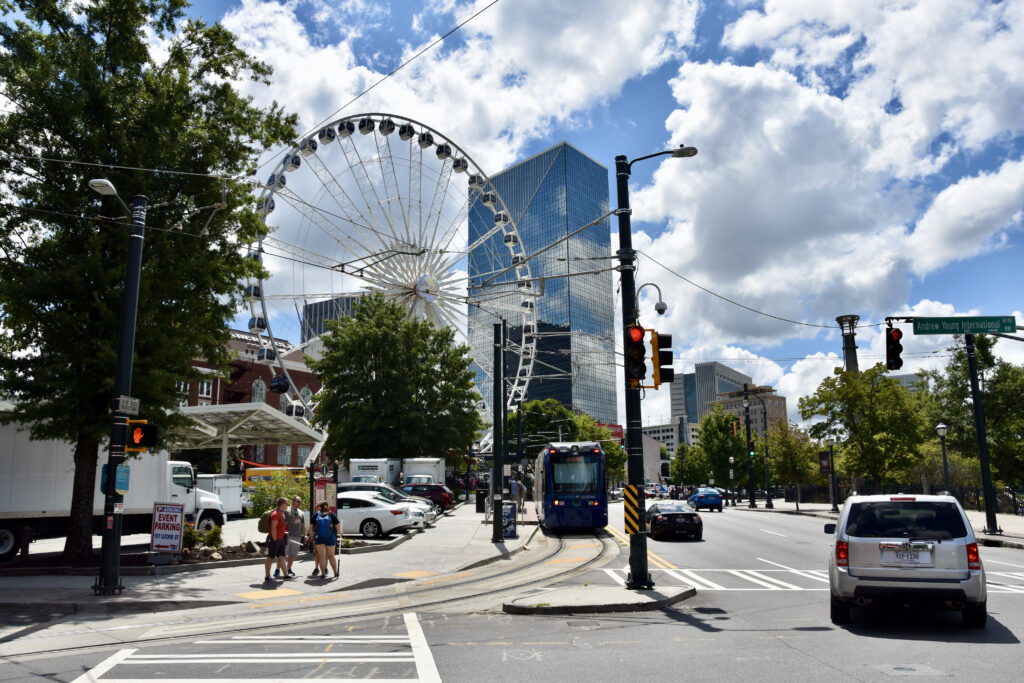
Georgia’s been on a roll—Atlanta especially—with film, fintech, and real estate all making big moves. But like that person who just bought a Tesla on five credit cards, it might be living a little too close to the edge. The city’s rapid growth has brought infrastructure strain, rising housing costs, and an uneven job market that leans hard on service and logistics. That’s fine when packages are flying off trucks and people are booking Airbnbs—but a recession slams the brakes on both.
Georgia’s economy also has a large rural population that hasn’t benefited as much from Atlanta’s success. Agriculture is still a major industry, and it’s vulnerable to commodity price drops and climate disruptions. Many workers in the state don’t have significant savings or job protections, especially in gig-based and hourly positions. Healthcare access is uneven, and public assistance programs are already stretched. If unemployment ticks up, the safety net may unravel fast. Atlanta might shine on paper, but much of the state is operating without a financial seatbelt. A recession could expose those divides fast—and painfully.
11. New Jersey
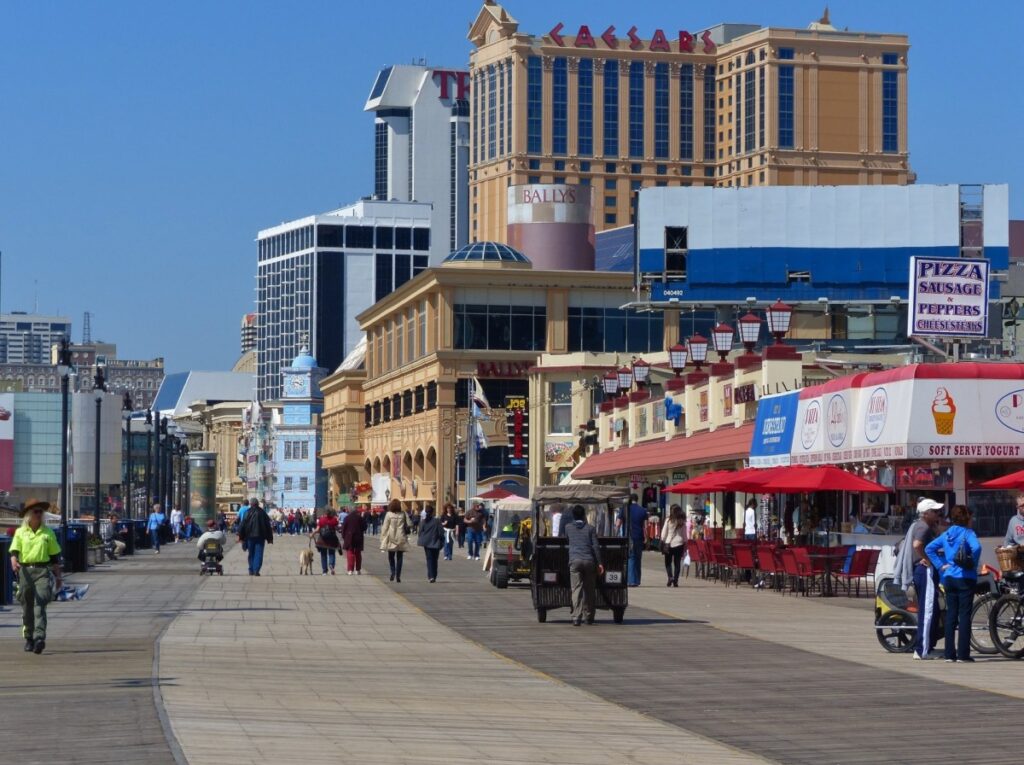
New Jersey has the attitude of a heavyweight champ, but its financial situation is more glass jaw than steel fist. The state has some of the highest property taxes in the country, and housing prices are already looking bloated in key suburban areas. Commuter towns around New York City may face sharp declines if remote work sticks around and fewer people need to live near the office. Office vacancies have already climbed, and with Wall Street slowing down, the tax base could erode quickly.
New Jersey also carries one of the biggest public pension debts in the U.S.—and it’s not exactly rolling in cash reserves. A recession would throw its budget planning into chaos, with tough choices ahead for schools, transportation, and public services. Healthcare costs are high, and many working families are one emergency away from a crisis. Job growth has lagged behind neighboring states, and small businesses are still in recovery mode. If another downturn arrives, the ripple effects could hit both affluent and working-class areas alike. New Jersey can throw a punch—but it’s been taking too many to the wallet lately.
12. Alaska
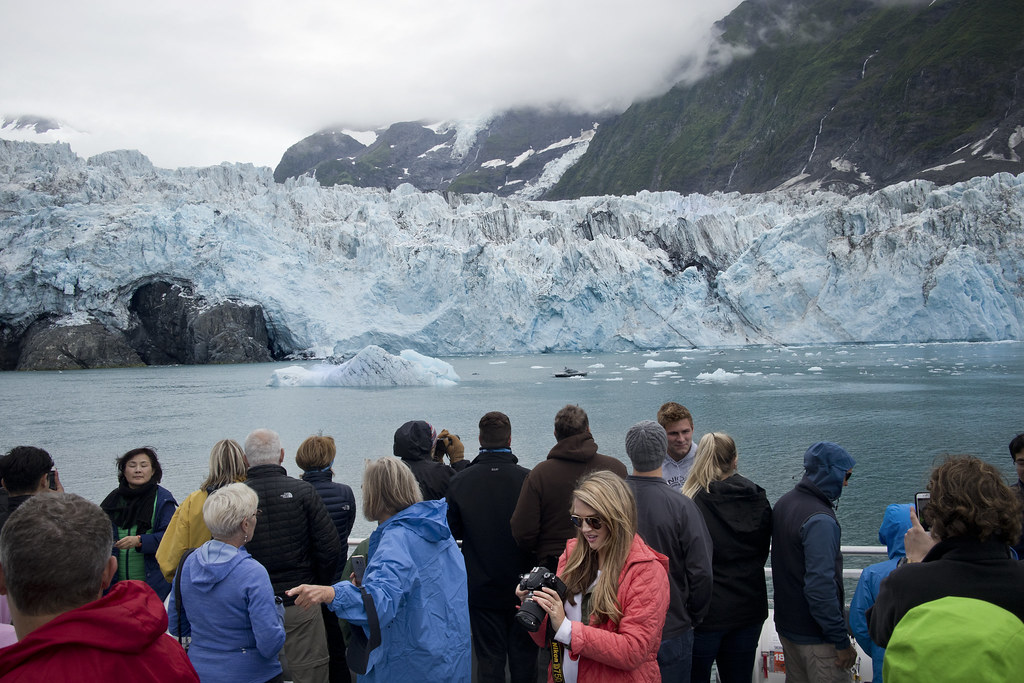
Alaska’s economy is basically one big ice floe—solid on the surface, but prone to cracking under pressure. Its revenue structure leans heavily on oil and gas, which is great when prices are high and demand is steady. But global markets are fickle, and fossil fuel demand has been bouncing like a toddler on a trampoline. That puts Alaska in a tough spot during recessions, when energy prices often drop and government revenue dries up.
Unlike most states, Alaska doesn’t collect income tax—it leans on oil royalties and a patchwork of other sources. That means when oil slows, everything slows. Public services get slashed, and infrastructure projects can stall out mid-snowstorm. Rural communities, which already face high costs of living and limited job options, are especially vulnerable. The famous Alaska Permanent Fund dividends help residents, but it’s not enough to fully cushion a serious economic blow. Add in logistical challenges, weather-related costs, and declining population numbers, and it’s clear that a recession could freeze Alaska’s economy in its tracks. Beautiful? Yes. Recession-proof? Not even close.
13. Hawaii
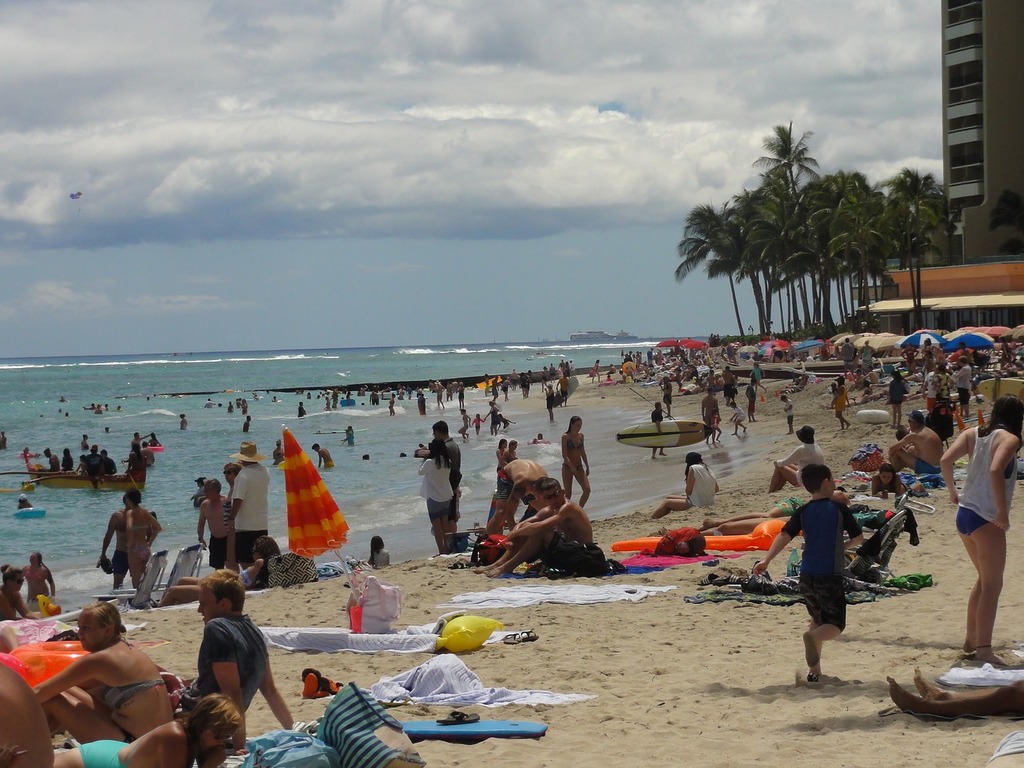
Hawaii is literal paradise—unless the economy tanks, and then it’s paradise on pause. The state’s dependence on tourism is sky-high, and when people stop booking flights and splurging on luaus, the economic drop-off is brutal. Service jobs dominate the market, and they’re the first to disappear when consumer spending dips. Plus, everything in Hawaii costs more—groceries, gas, even shampoo—because nearly everything has to be shipped in.
With limited land and insane housing costs, many locals already feel financially squeezed in boom times. A recession magnifies that, especially for workers in hospitality, transportation, and small business. Tax revenue can plummet quickly, leaving schools and public health programs scrambling. The islands may be remote, but they’re tightly linked to global economic rhythms—and very sensitive to their disruptions. Tourism-driven recoveries are slow and uneven, often leaving behind the most vulnerable residents. Hawaii may look like a postcard, but during a recession, it feels more like a locked-down resort with no check-out date.
14. Louisiana
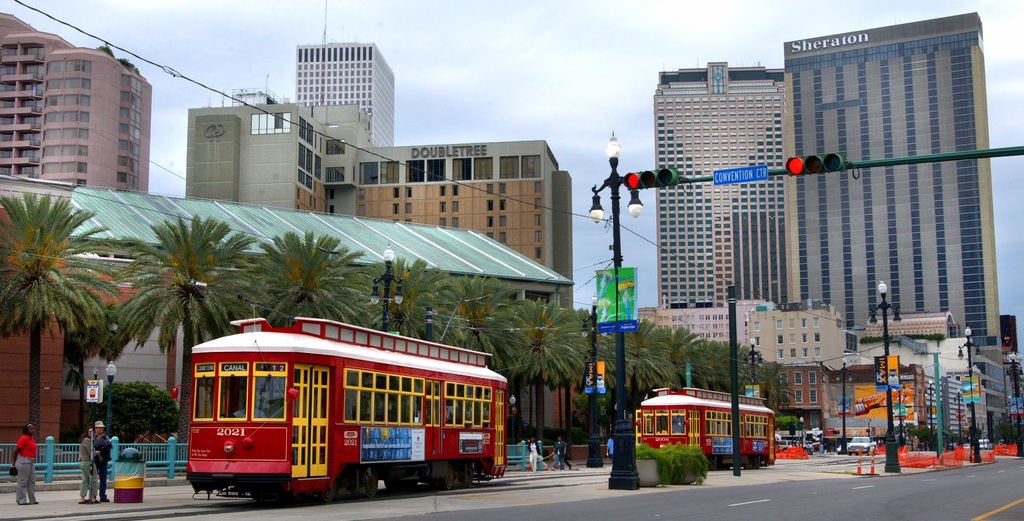
Louisiana has some of the richest culture in the U.S.—but when it comes to economic stability, the gumbo’s a little thin. The state’s economy relies heavily on oil, gas, and chemical manufacturing—industries that rollercoaster with global markets. During recessions, demand drops, energy prices dip, and jobs vanish. That leaves thousands of workers and their families in limbo, especially in places like Lake Charles and Baton Rouge.
New Orleans, while vibrant, is deeply dependent on tourism and events like Mardi Gras and Jazz Fest. When travel dries up, so does the income for thousands of small businesses, musicians, and hospitality workers. Rural areas face high poverty rates and limited access to services, which means there’s little room for error if jobs disappear. The education system is underfunded, and the healthcare network struggles to meet demand even in normal years. Add in the constant threat of hurricanes and infrastructure stress, and Louisiana becomes one of the most at-risk states in a downturn. When a recession rolls in, it doesn’t just knock—it kicks the door down.
This article is for informational purposes only and should not be construed as financial advice. Consult a financial professional before making investment or other financial decisions. The author and publisher make no warranties of any kind.






